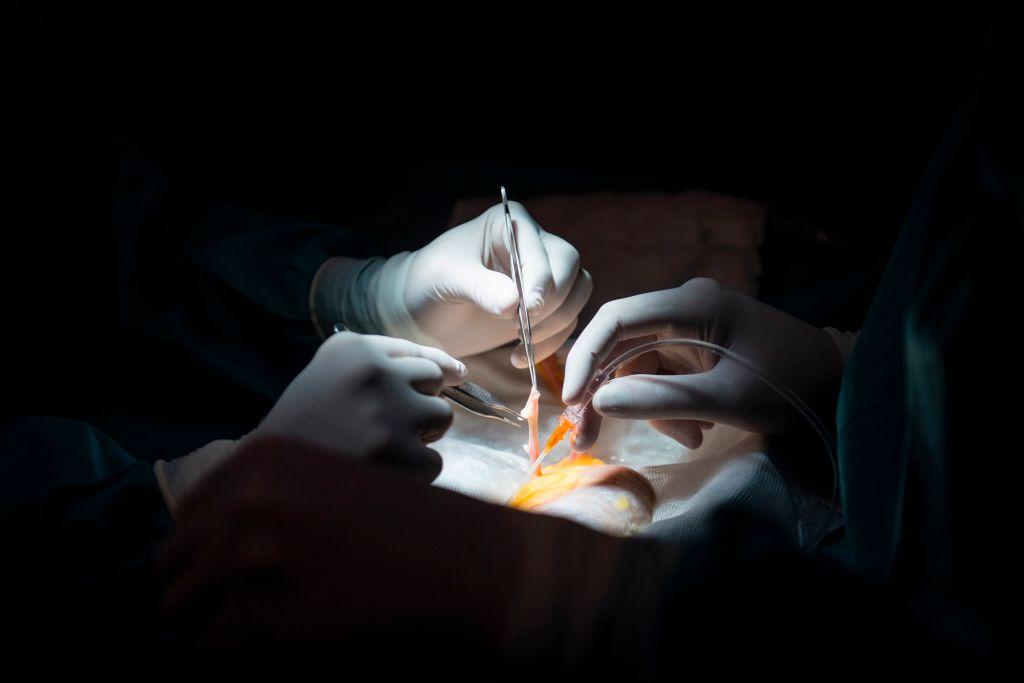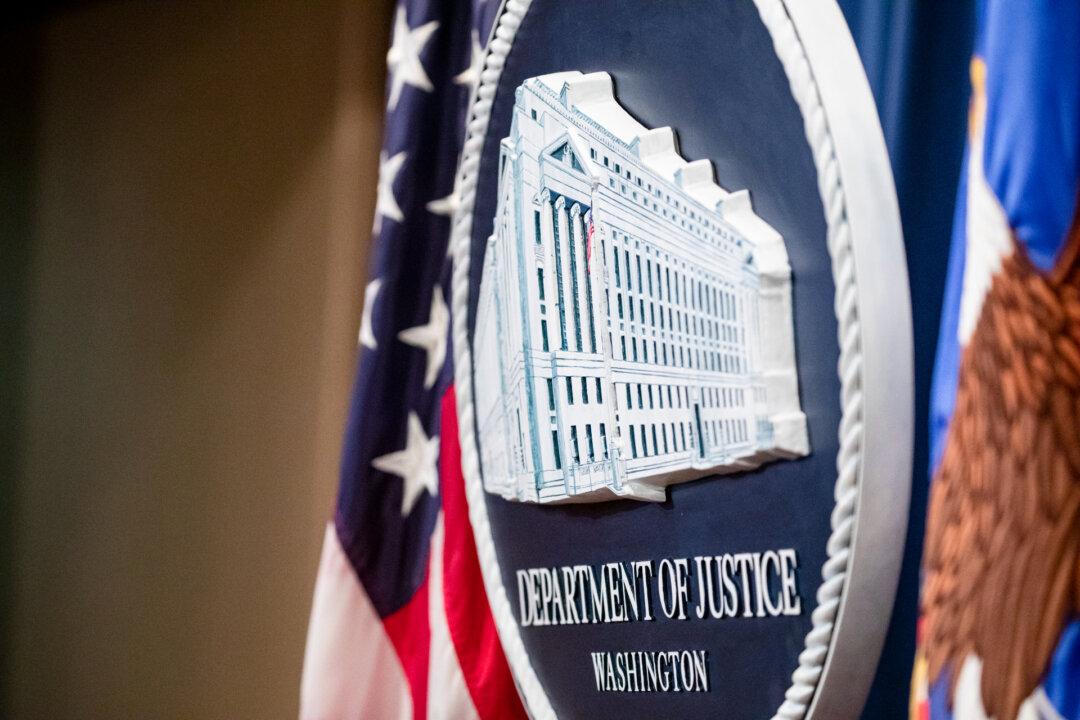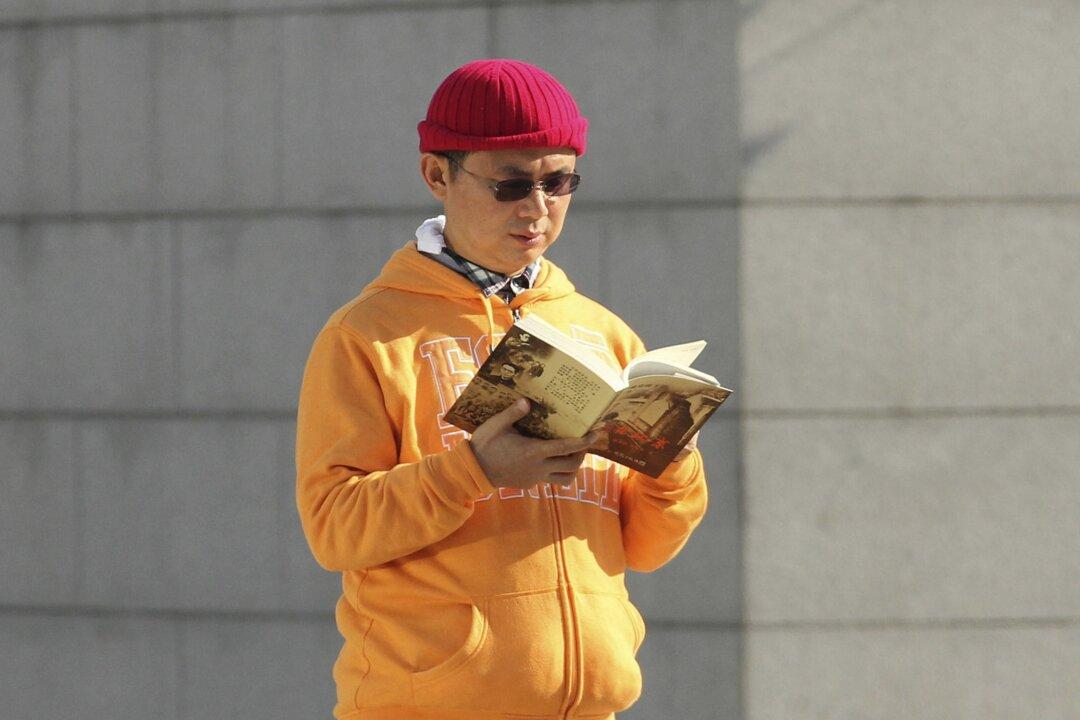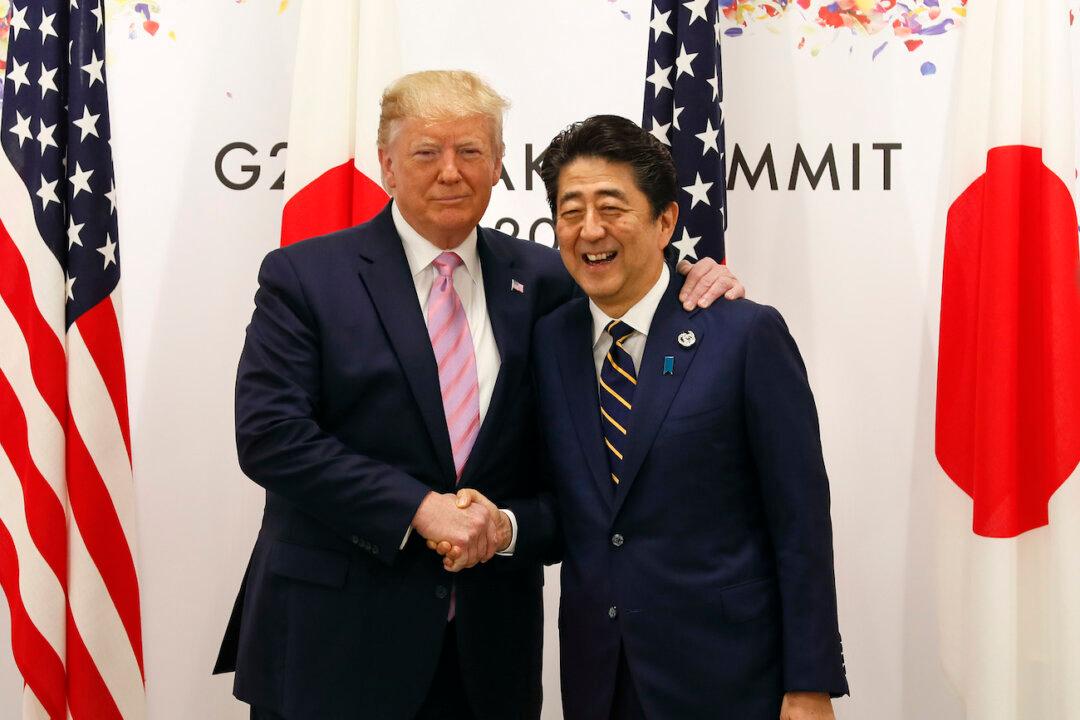Five non-governmental organizations (NGO) are planning webinars about battling organ transplants from non-consenting detainees, primarily from Falun Gong adherents, during the coming UN General Assembly in September.
Thirty-five guest speakers are expected to attend, consisting of medical and legal experts, professors, councilors, and journalists from 19 countries, including North America, Europe, and East Asia.
“For over two decades, the Chinese Communist Party has mobilized the entire state apparatus to monetize the bodies of those deemed undesirable and turn medical professionals into executioners,” the website said. Organizers claim that the main victims are practitioners of Falun Gong, jailed as prisoners of conscience and “killed on demand for their organs.”
The core initiator of the event is Doctors Against Forced Organ Harvesting. The other four co-organizers are Europe’s CAP Freedom of Conscience, Japan’s Transplant Tourism Research Association, Korea Association for Ethical Organ Transplants, and Taiwan Association for International Care of Organ Transplants.
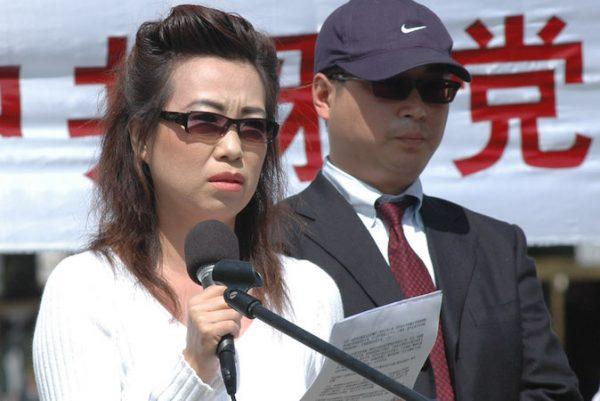
Annie said her ex-husband, a neurosurgeon at the Liaoning Provincial Thrombosis Hospital, removed corneas from living Falun Gong practitioners and that the victims’ bodies were thrown into incinerators after the surgery, sometimes while they were still alive. Peter, a former Chinese journalist, gave details about a detention facility in Sujiatun where organs were harvested from living Falun Gong followers.
Lu said he had learned details of the illegal practice in talks with her and her husband Mao Shuping, a former powerful figure in the local prison system, during a trip to his home country China in 2002.
Details Lu provided were not published for his security until four years later, on Dec. 29, 2020.
